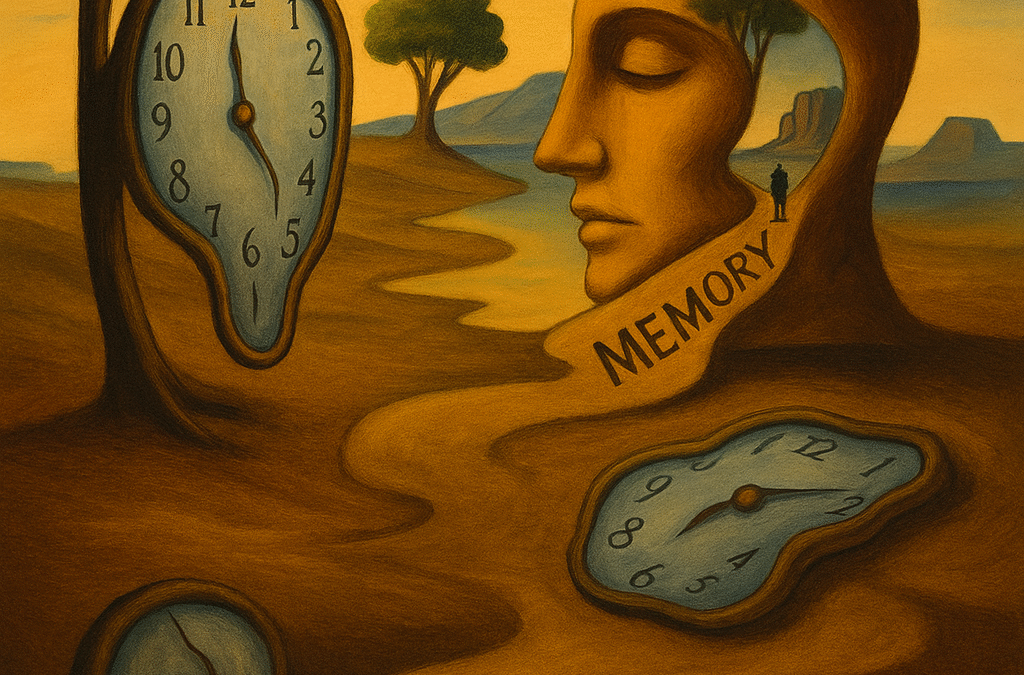
Time is Memory
Michael Halassa discusses how the brain may create the sense of memory and why time distortions happen in experience
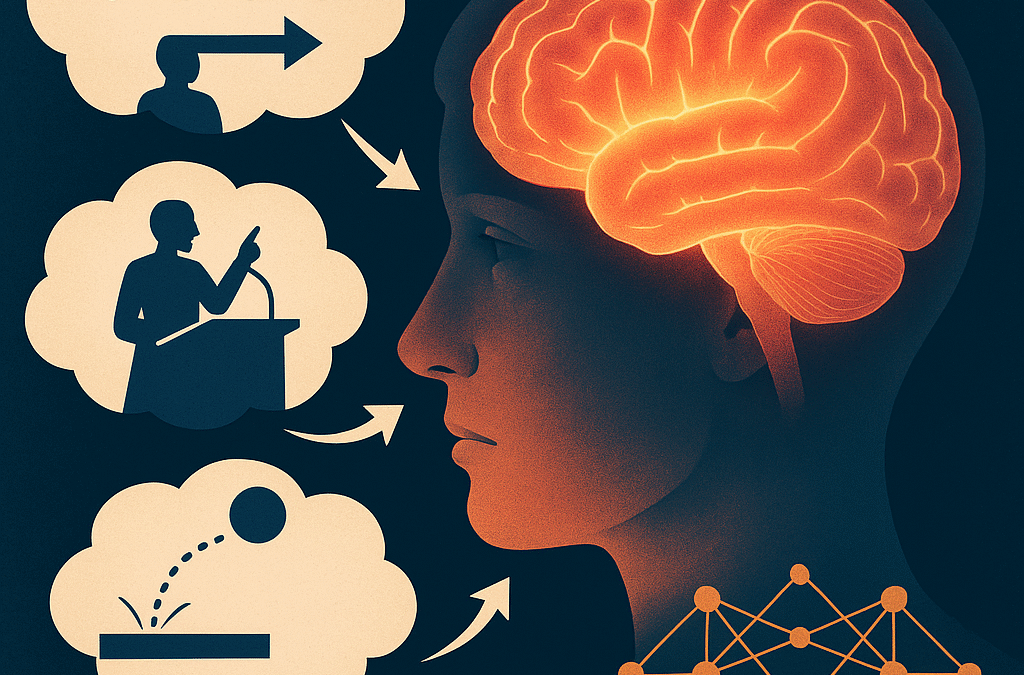
The Brain’s “What If” Engine: Why Counterfactuals Are Key to Human Intelligence
Michael Halassa discusses recent work on counterfactual reasoning and its contribution to human cognition

The Next Chapter of AI: Leveraging the Evolutionary Principles Powering Human Intelligence
Michael Halassa explores the intersection between Neuroscience and AI (NeuroAI) highlighting research on flexible cognition.

Machines That Think Like Us: Insights from the NeuroAI Workshop in Florence
Michael Halassa discusses recent insights from the NeuroAI workshop at the OCNS meeting in Florence 2025

When the Brain’s Uncertainty computer goes offline: New Human Evidence for Thalamic Regulation of Decision-Making
New research reveals how the mediodorsal thalamus regulates decision-making confidence and exploration behavior in humans. Michael Halassa discusses breakthrough findings from focused ultrasound studies showing thalamic control of belief updating and cognitive flexibility.
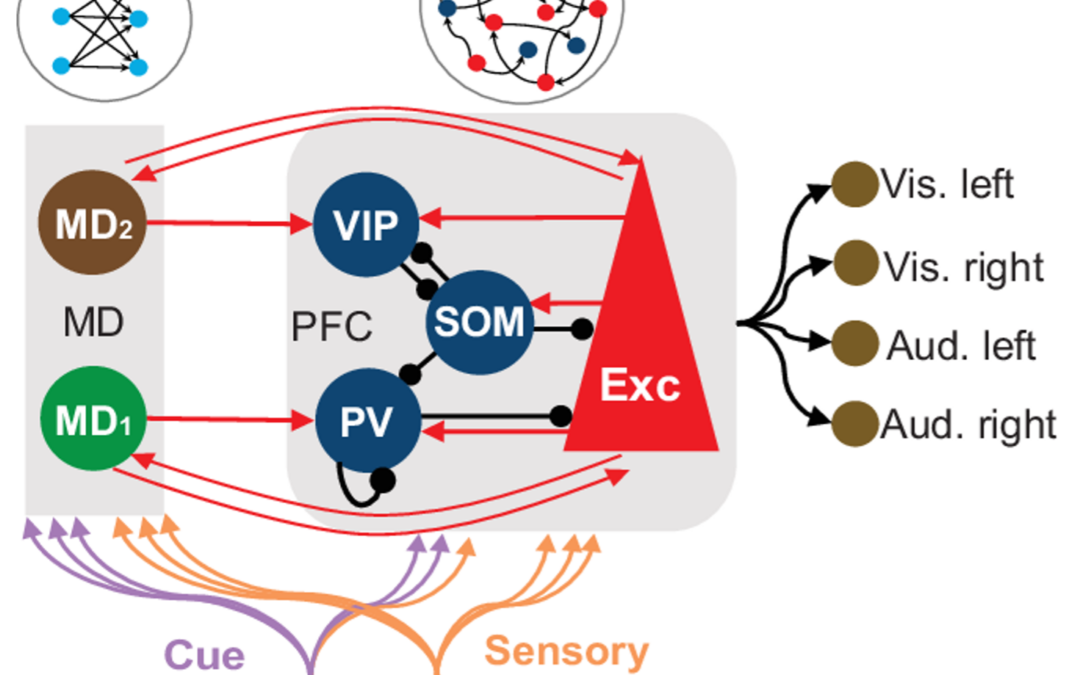
PAPER ALERT: A New Model for Mediodorsal-Prefrontal Interactions
New Nature Computational Model reveals how the mediodorsal thalamus gates prefrontal cortex signals. Validated by Halassa Lab data, this advances schizophrenia and cognitive flexibility research.
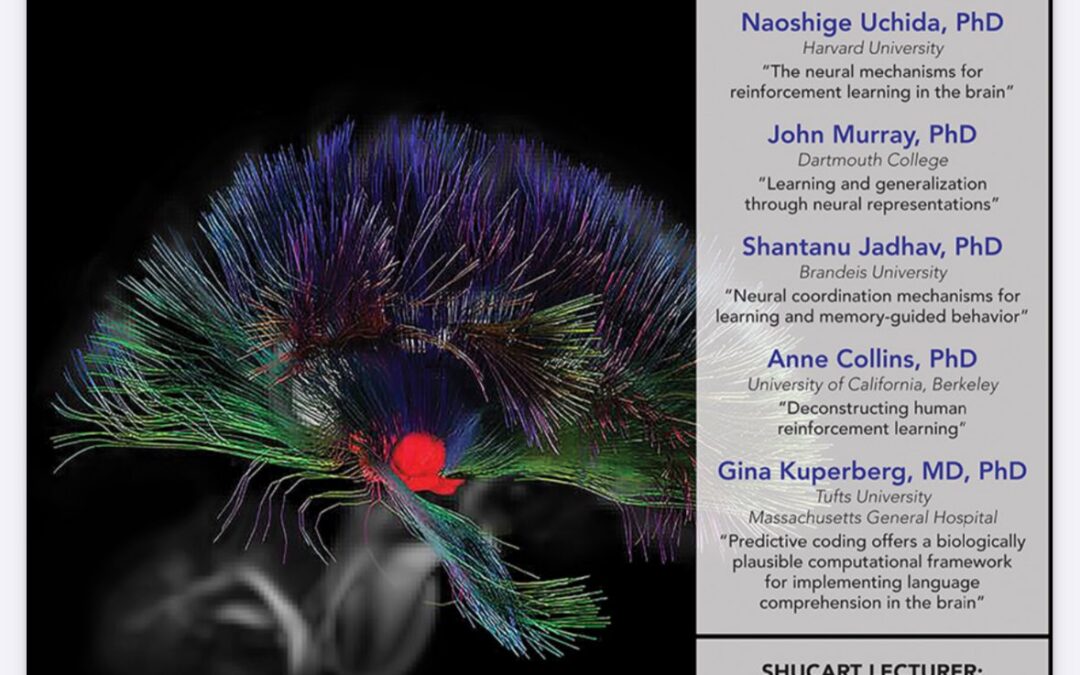
Reflecting on the 13th Annual Tufts Neuroscience Symposium
This past November, I had the privilege of directing the 13th Annual Tufts Neuroscience Symposium—a day filled with inspiring talks, lively discussions, and deep engagement across the neuroscience community. This year’s symposium centered around Systems,...

Paper Alert! Unlocking the Brain’s Flexibility: How the Thalamus Manages Uncertainty
The brain’s ability to adapt to a constantly changing world is one of its most remarkable features. Cognitive flexibility—the capacity to shift strategies and update decision-making when circumstances change—is essential for navigating everyday life. This a...

On The Value and Power of Well-Parameterized Tasks in Small Animals
Small animals (e.g. mice) have become an increasingly important model to understand cognitive processing. Here, I explain the history of this research, its accomplishments and future promise.
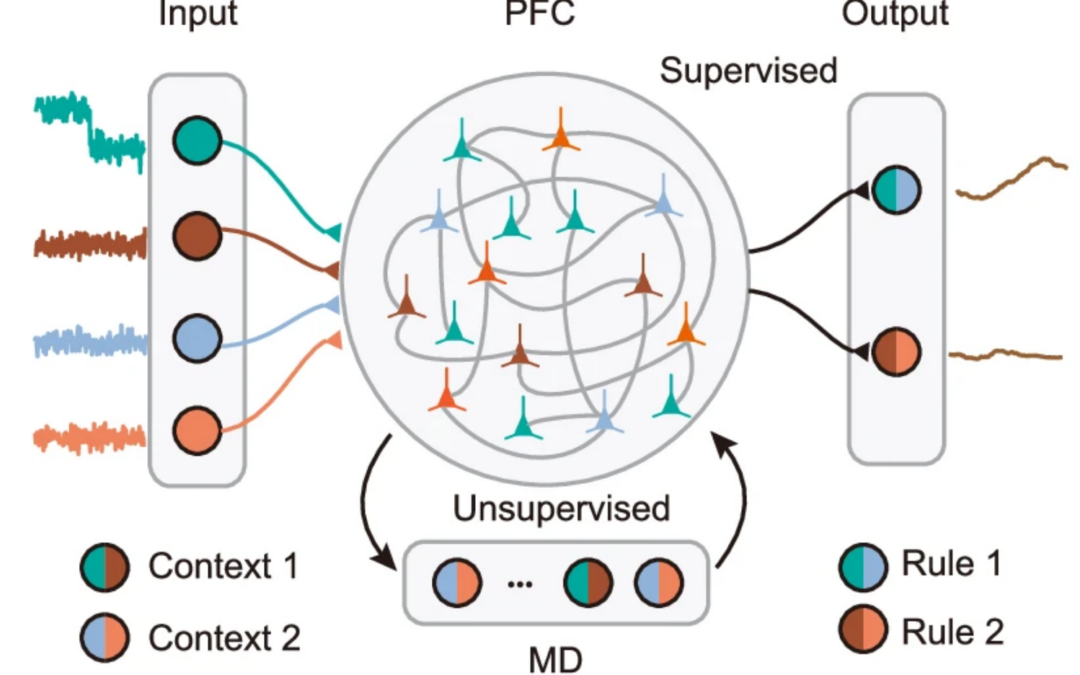
A Thalamocortical Model for Contextual Inference
In the quest to understand how our brains process and adapt to complex environments, computational models have long served as powerful tools to simulate neural circuits. This has been certainly the case for vision, starting with Hubel and Wiesel receptive field models...
